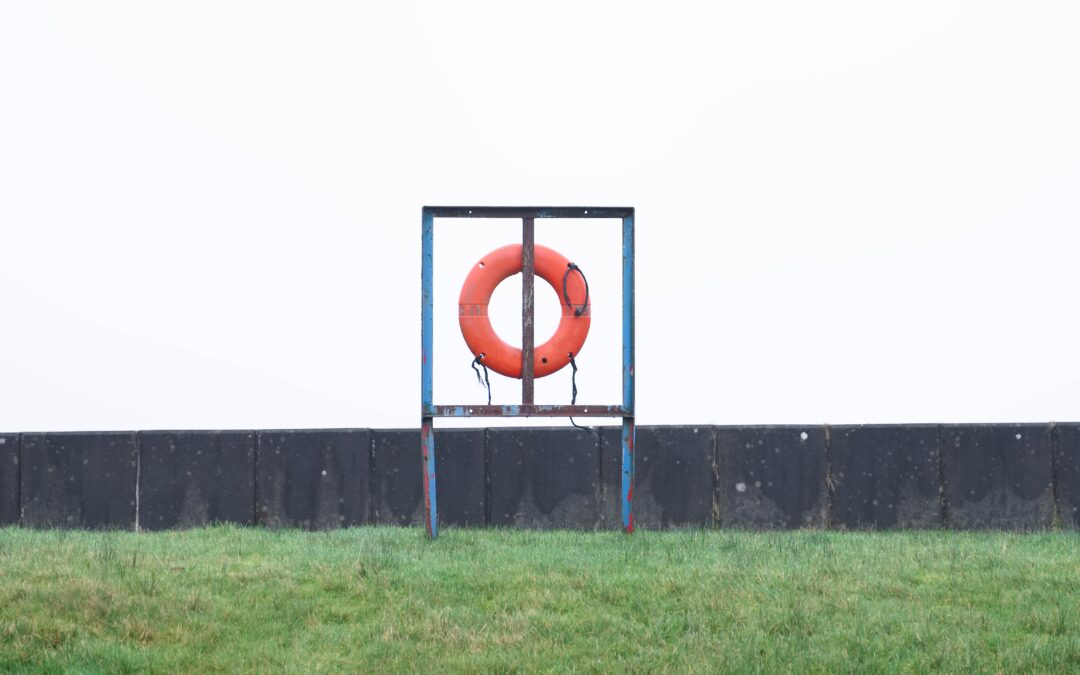CEP has been a steady producer of insightful research, and How Far Have We Come? Foundation CEOs on Progress and Impact is no exception. The report, which shares results of a survey of how well foundation CEOs think they are doing in achieving their programmatic goals, includes a number of interesting findings.
According to the survey, CEOs are not—by their own admission—as well informed as they believe they should be about the extent to which they are achieving their goals. When asked what would improve their ability to assess progress, they cite a need for improved communication across organizations about what is being learned and a need for more evidence-based information. Despite feeling less than fully informed, the CEOs nevertheless say they believe that their foundations have “contributed a lot” to what progress has been made.
We think these data underscore the need for foundation leaders and staff to be at once more reflective and more open. By reflective, we mean that foundation leaders would be well-served by asking and actively seeking answers to questions like: How would we know if we are on a path to achieving our goals? Are we on that path? What progress are we making and what obstacles are we encountering? What are the key enablers and inhibitors to progress for us and our grantees? Which of our assumptions about how change would happen have been proved right and which wrong? Given such lessons, what might we do differently next time? Fully engaging with questions like these requires some data, some deliberation, and a healthy dose of open-mindedness and humility.
By open, we mean proactively sharing the answers to questions like those above and letting others in on what goals foundations are pursuing and supporting, how they are doing it, and what they are learning—both about effectiveness of process and about results. The problems we work on—education, climate change, poverty, and the like—are incredibly difficult and complex and can be solved only if we work together and learn from each other. It’s time to embrace a philanthropic culture that values and emphasizes openness and learning, a culture that encourages us to regularly share stories about our strikeouts as well as our homeruns.
While we have by no means mastered this ambition at the Hewlett Foundation, we’re working hard on improving by consciously and actively aspiring to meet this standard of self-reflection and openness. It’s a muscle we try continuously to strengthen, with such things as quarterly “in-town” weeks, where the entire staff works together on cross-foundation learning and especially on learning from failure, and with efforts to increase transparency about our work by reconstructing our website and sharing lessons broadly through our new blog, “Work in Progress.”
Somehow we need to change incentives, make it so foundations are expected to share—are, indeed, rewarded for sharing—what they have learned about what works and what doesn’t. That way, we can learn from each other and accelerate progress towards achieving important, shared goals. While some cynics thought it gimmicky, the Giving Pledge launched by Bill Gates and Warren Buffett has been quite effective in moving wealthy individuals to give most of their wealth away. Maybe it’s time for foundations to think about doing something analogous, a kind of Openness Pledge that helps move our default position to one of sharing information.
If we can do that, perhaps CEP’s next survey will look different. Perhaps it will show foundation CEOs believing that substantial progress is being made and, better, perhaps they will be right.
Fay Twersky is Director of the Effective Philanthropy Group at The William and Flora Hewlett Foundation and a member of CEP’s Advisory Board.
Larry Kramer is president of The William and Flora Hewlett Foundation, a position he took up in September 2012. Prior to joining Hewlett, he served as Richard E. Lang Professor of Law and Dean of the Stanford Law School from 2004-2012.


